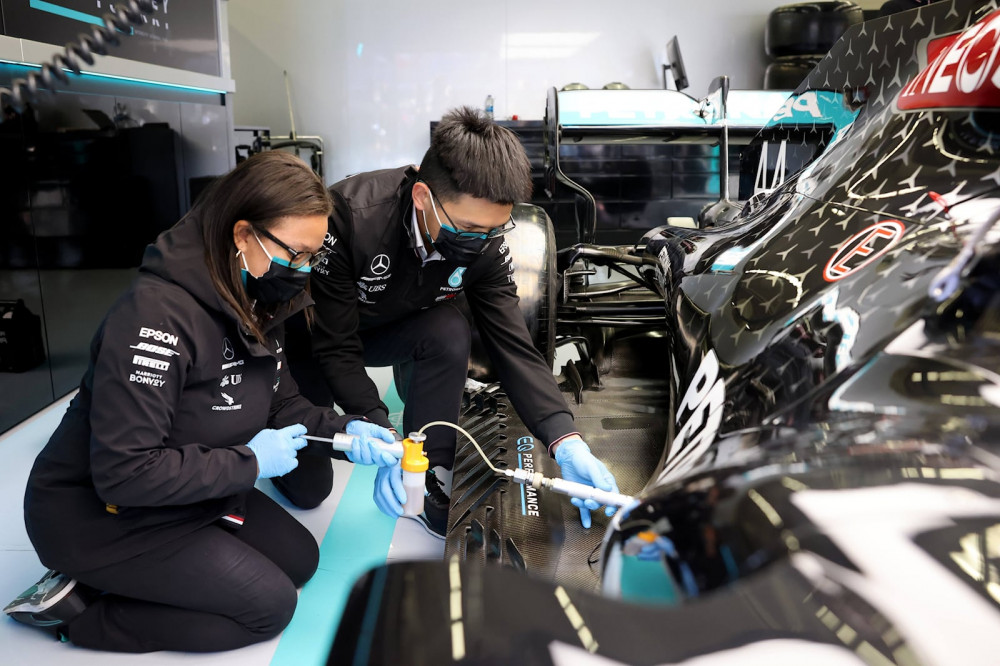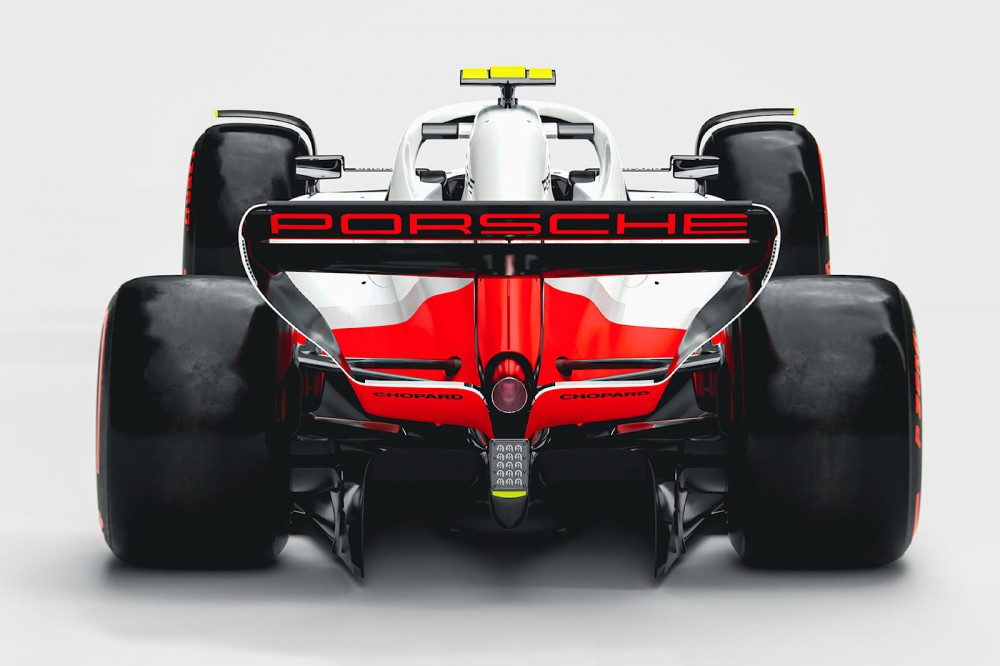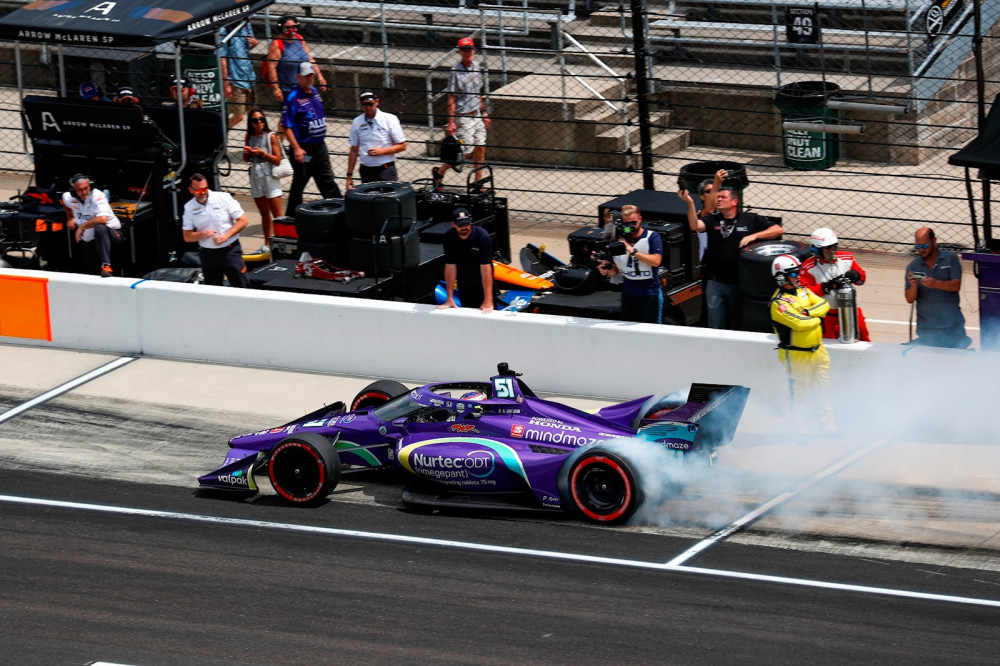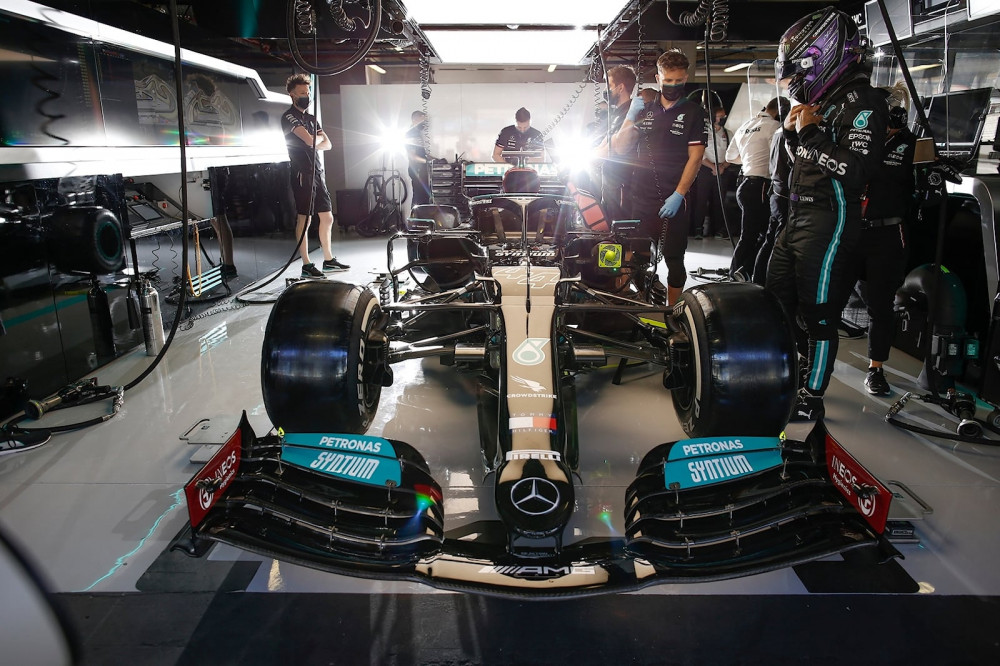Formula 1 Regulation Changes Open Door For Porsche

by AutoExpert | 20 December, 2021
New rules announced by Formula 1 for the 2026 season allow for more manufacturers to enter the competition. The present hybrid powertrain engine requirements were first introduced in 2014, and they are quite sophisticated machines. The MGU-H, a key component of the present powertrain, will be phased out by 2026.
You must be familiar with the MGU-H to properly see why this rule change is so critical. There are two energy recovery systems in a Formula 1 powertrain: an MGU-H and an MGU-K. The MGU-K is simply regenerative braking, whereas the MGU-H charges the powertrain's battery with extra exhaust gases.

This method has no practical use because the automobile industry is moving toward electric vehicles. Regenerative braking is standard on all-electric and hybrid vehicles, making the MGU-K system significant. MGU-H would have to be built from the ground up for a team's F1 vehicle because it has no real-world applicability. In addition, the current rules allow for three MGU-Hs each season, with anything more resulting in a grid penalty.

In other words, any new team with no prior expertise with an F1 engine would be forced to start from the back. The regulatory modification is aimed to attract new producers. The Volkswagen Group has shown interest in entering Formula 1, maybe alongside Porsche. But not as long as the MGU-H was still in the mix.

And what about the companies who have already invested in developing the technology? Mercedes is still very much in the Formula 1 engine-building game, despite Honda's recent exit. Mercedes manufactures everything in-house and has won the manufacturer's championship for the past 8 years.

The 1.6-liter V6 engines will be carried over, the electrical power output will be increased from 150 kW to 350 kW, and engine development costs will be capped, according to the new laws. Furthermore, the automobiles will operate on 100% sustainable fuel rather than the 20% that will be used in 2022.

















